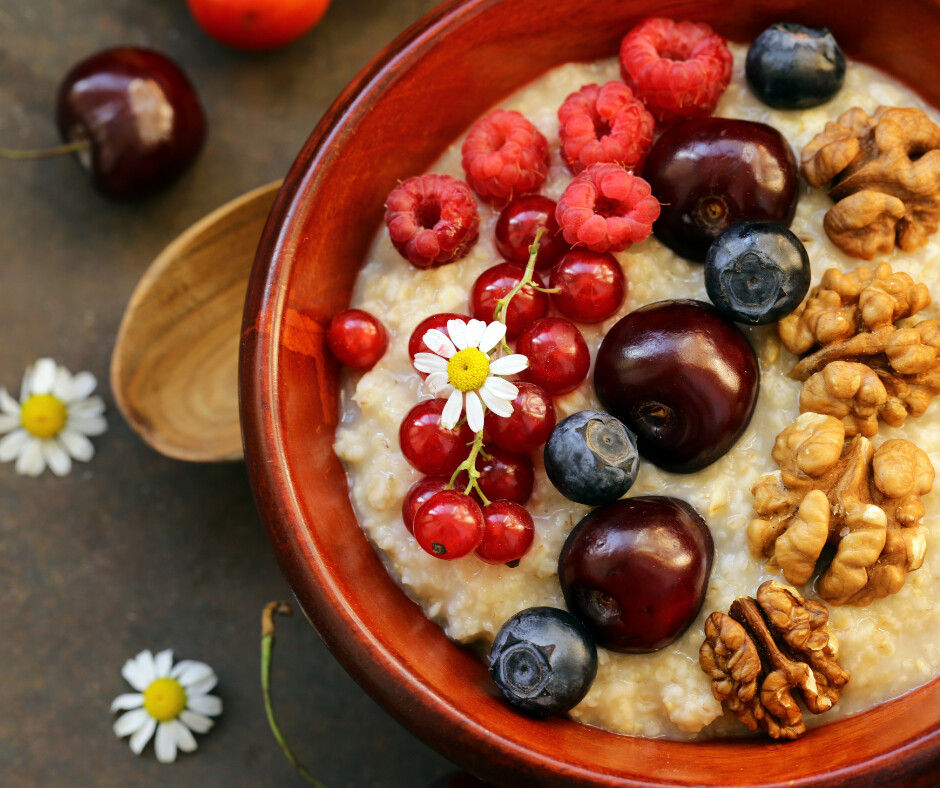
Oats are one of the most commonly eaten type of whole grains in the United States. They have been cultivated from the Avena Sativa plant for over 5,000 years. As people move away from dairy products, oat milk is one of the popular choices. Oat milk has a mild taste, pleasant texture, and many producers utilize sustainability practices to make it. Many other products come from the plant too such as oat bran, milky oat seed, oat flour and oat straw. In addition to being good for you, growing oats can be done sustainably. And if done right, it can actually help replenish the soil and break some pest cycles. Here are some of the many amazing oat nutrition facts.
Fiber
Oats contain both soluble and insoluble fiber which are both needed for optimum gut health. Beta glucan is one form of soluble fiber that is found in oats. And it is strongly linked to improving cholesterol levels and boosting heart health. Eating plenty of fiber can also help balance your blood sugar and make you feel full longer. Because eating oats is so satisfying, it can also help you maintain a healthy weight. Another benefit of eating plenty of fiber is that it supports regularity.
Vitamins and Minerals
Oats are surprisingly loaded with important vitamins and minerals. They contain manganese, molybdenum, phosphorus, copper, biotin, vitamin B1, magnesium, chromium, and zinc. The vitamin E in oats is an antioxidant and is known to support brain health.
Anti-Inflammatory
Oats are also anti-inflammatory. So consuming oats can help reduce inflammation in the body. Because of this, oatmeal is a common ingredient in skin products like bath products and body lotions. Oats also contain antioxidants that may may be anti-aging and and help inhibit skin irritation from free radicals.
Gluten Free
While oats are naturally gluten free, many people with celiac disease choose to avoid them because of cross contamination during processing. Because more and more people are sensitive to gluten, some companies use a gluten free protocol to make sure their products are safe. Some people that are sensitive to gluten may react to other proteins in oats, so even though it may be certified gluten free, it may still cause an allergic reaction.
Protein
Oats contain more protein than most grains. The protein in them will help you feel full longer and is the building block for your muscles. Eating enough protein will also help you maintain your muscle mass and promotes muscle growth when you do strength training. You can increase the amount of protein you consume when you eat oatmeal by adding nuts, nut butter, or other seeds.
Did this help you? If so, I'd greatly appreciate it if you commented and/or share it on social media.

Email: sharonledwards@hotmail.com
Facebook: https://www.facebook.com/sharonledwardsbiz/






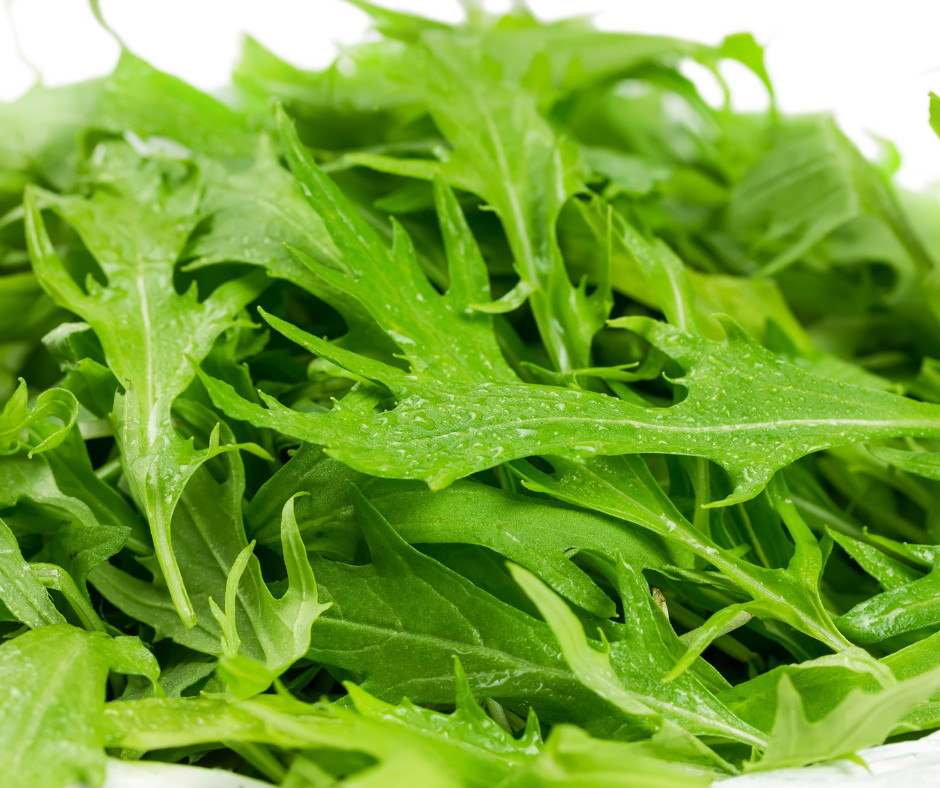

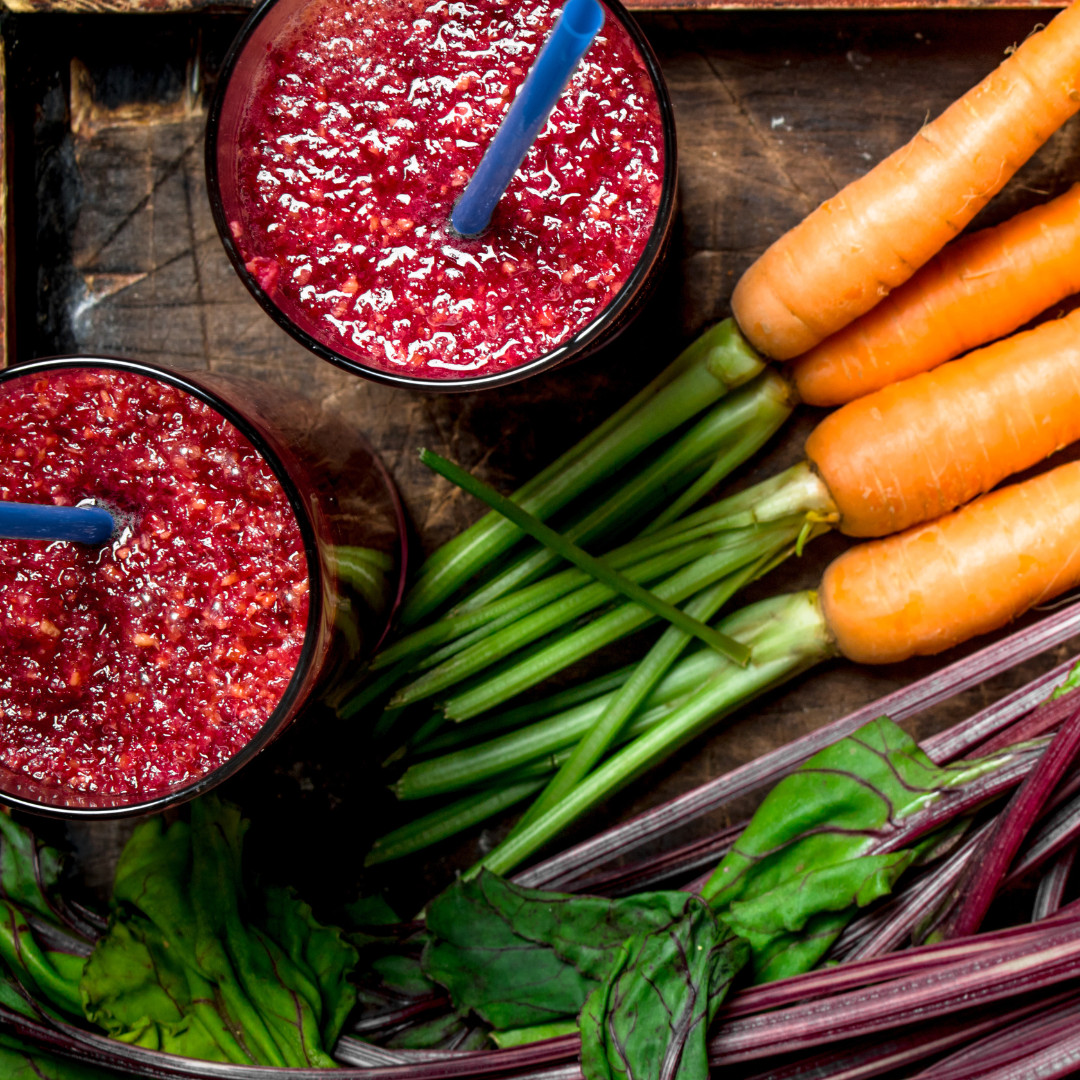
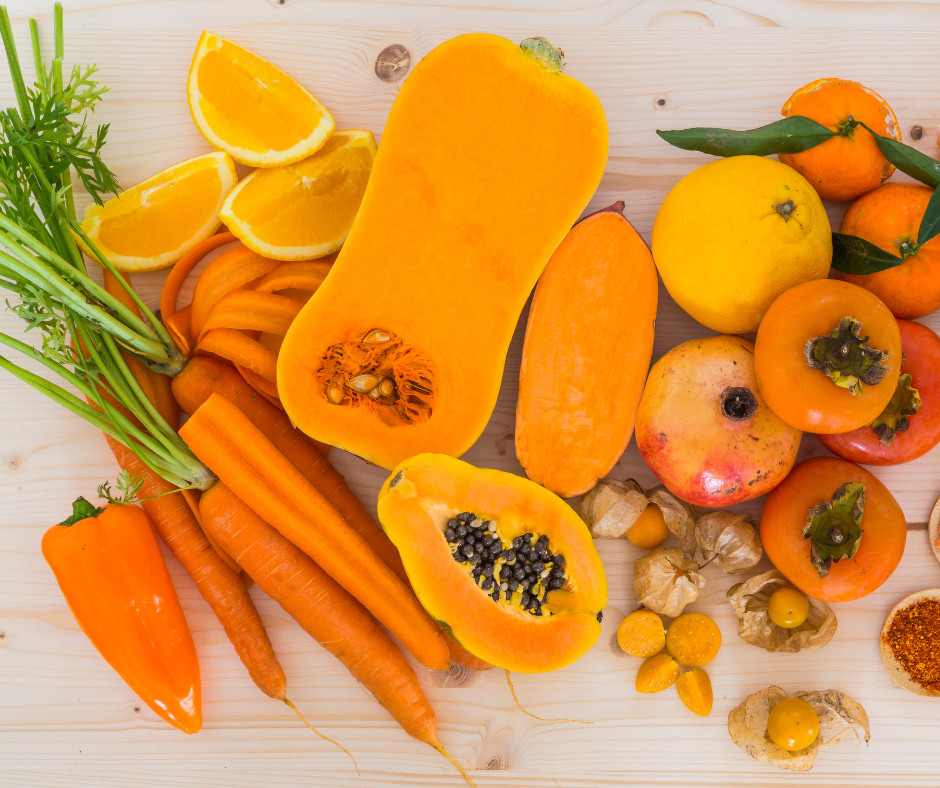
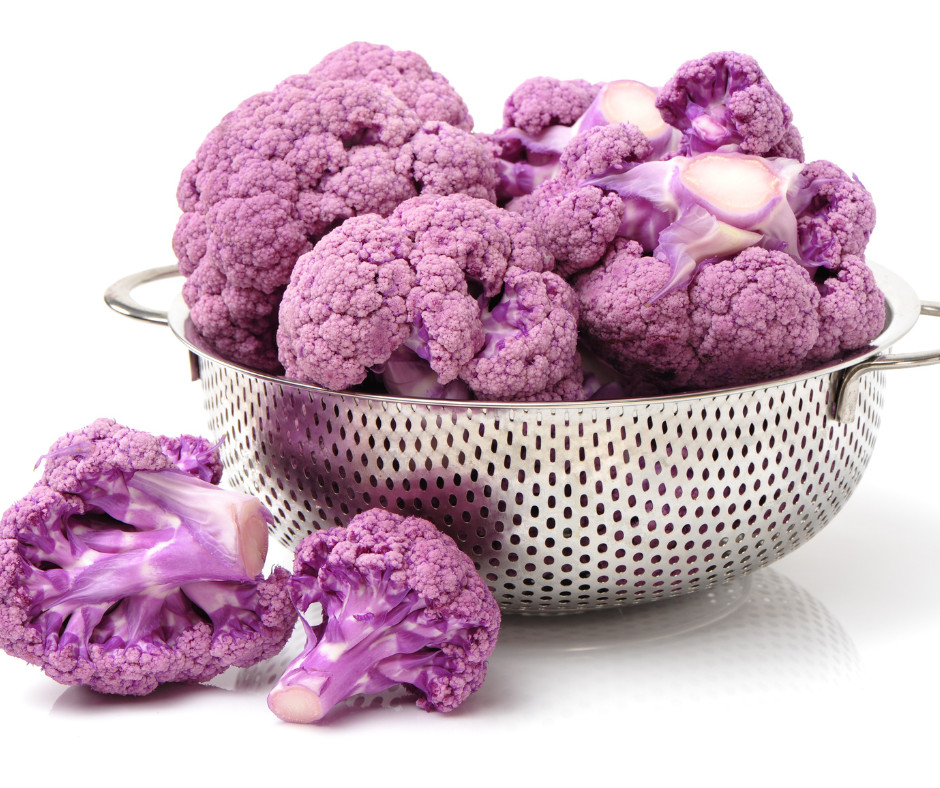
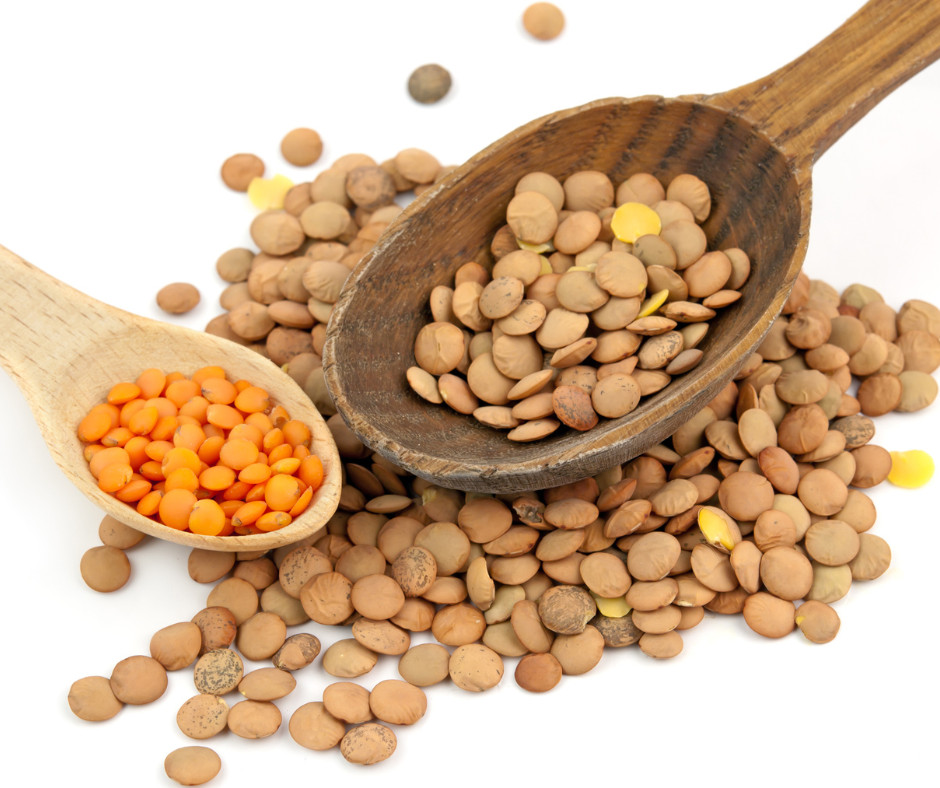
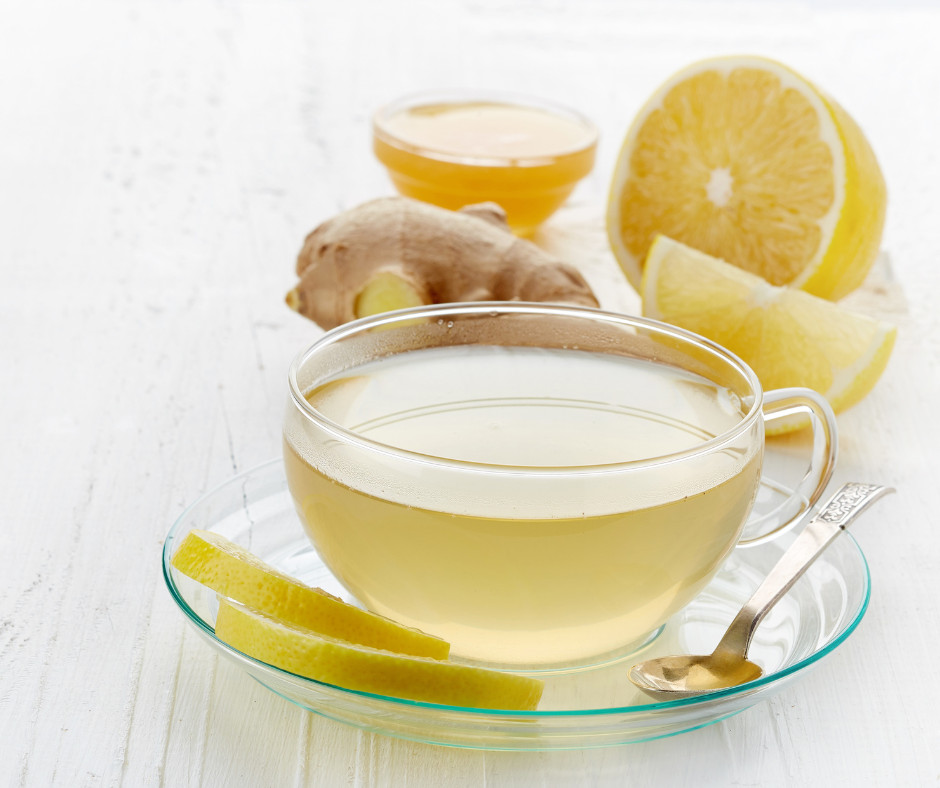





0 Comments